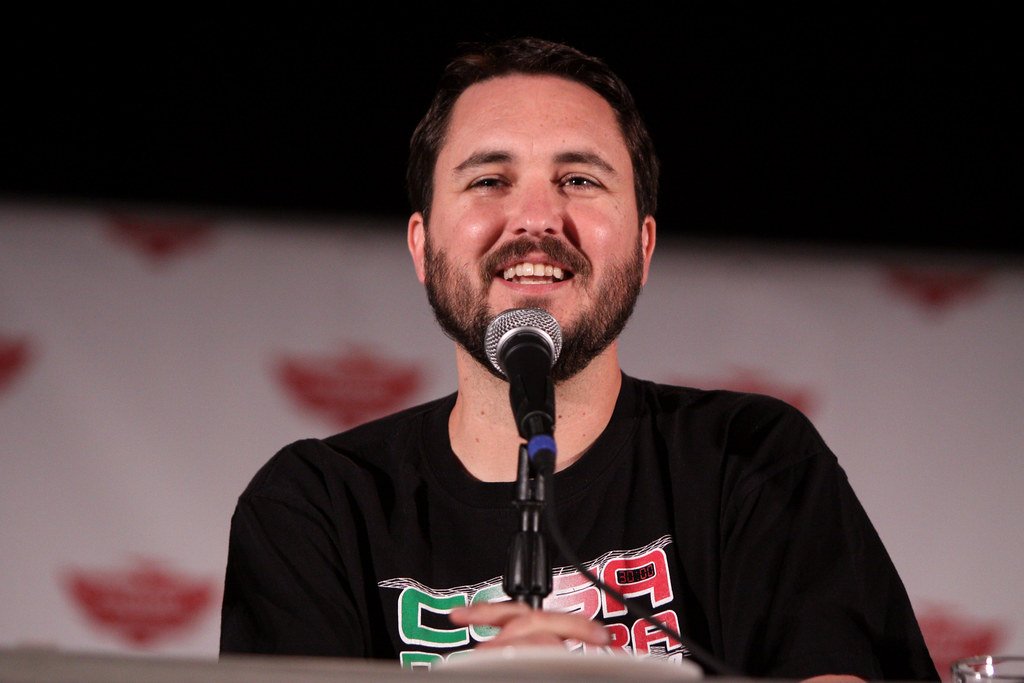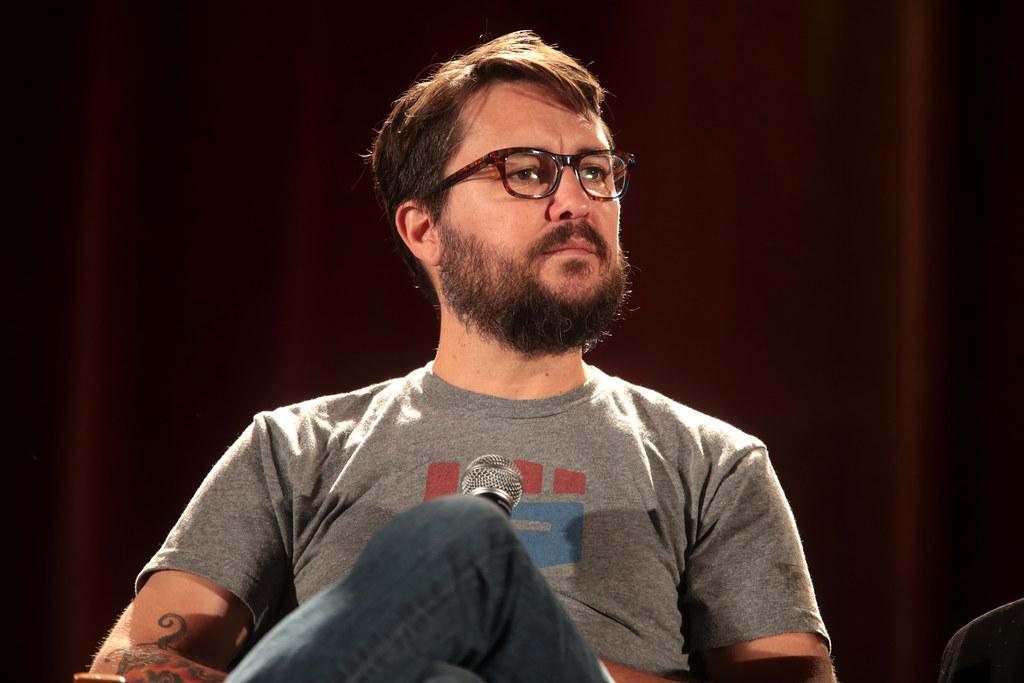Comedy can be uplifting. And it can also be downright destructive. The rise of cancel culture has made us take a hard look at what we normalize for the sake of a good joke. And with Dave Chappelle’s controversial comedy special, that includes jokes which can be perceived as cruel or homophobic jabs by the LGBTQ community and allies.
At the same time, comedy is supposed to be disruptive, is it not? It’s meant to be audacious, bawdy, outrageous. And let’s not forget it’s often said sarcastically, meaning we don’t really believe what what’s being said … right?
Wil Wheaton has previously given a brilliant take on how to separate the art from the artist. This time though, he’s confronting the art itself and what makes it problematic.
“For anyone who genuinely doesn’t understand why I feel as strongly as I do about people like Chappelle making transphobic comments that are passed off as jokes, I want to share a story that I hope will help you understand, and contextualize my reaction to his behavior.”
Wheaton started off his story by sharing how he used to play ice hockey when he was 16, and one night enjoyed a warm welcome as a guest goalie. After a fun practice, Wheaton joined his teammates in the locker room.
“Before I tell you what happened next, I want to talk specifically about comedy and how much I loved it when I was growing up… One of the definitive comedy specials for me and my friends was Eddie Murphy’s Delirious, from 1983. It had bits that still kill me… Really funny stuff.
There is also extensive homophobic material that is just…appalling and inexcusable. Long stretches are devoted to mocking gay people, using the slur that starts with F over and over and over. Young Wil, who watched this with his suburban white upper middle class friends, in his privileged bubble, thought it was the funniest, edgiest, dirtiest thing he’d ever heard… And all of it was dehumanizing to gay men… I didn’t know any better. I accepted the framing, I developed a view of gay men as predatory, somehow less than straight men, absolutely worthy of mockery and contempt. Always good for a joke…

…A comedian who I thought was one of the funniest people on the planet totally normalized making a mockery of gay people, and because I was a privileged white kid, raised by privileged white parents, there was nobody around me to challenge that perception. For much of my teen years, I was embarrassingly homophobic, and it all started with that comedy special.”
Here Wheaton pivots back to the locker room:
“So I’m talking with these guys…We’re doing that sports thing where you talk about the great plays, and feel like you’re part of something special.
And then, without even realizing what I was doing, that awful word came out of my mouth. ‘Blah blah blah F****t,’ I said.
The room fell silent and that’s when I realized every single guy in this room was gay. They were from a team called The Blades (amazing) and I had just … really fucked up.
“‘Do you have any gay friends?” One of them asked me, gently.
“Yes,” I said, defensively. Then, I lied, “they say that all the time.” I was so embarrassed and horrified. I realized I had basically said the N word, in context, and I didn’t know what to do. I wanted to disappear. I wanted to apologize, I wanted to beg forgiveness. But I was a stupid sixteen year-old with pride and ignorance and fear all over myself, so I lied to try and get out of it.
“They must not love themselves very much,” he said, with quiet disappointment.
Nobody said another word to me. I felt terrible. I shoved my gear into my bag and left as quickly as I could.”
Genuinely lovely stuff from @wilw here.
(Also worth noting that Eddie Murphy has since apologized for a lot of the stuff in Raw and Delirious that he’s referencing.) https://t.co/TFwyp4yzut
— Franklin Leonard (@franklinleonard) December 9, 2021
“That happened over 30 years ago, and I think about it all the time. I’m mortified and embarrassed and so regretful that I said such a hurtful thing. I said it out of ignorance, but I still said it, and I said it because I believed these men, who were so cool and kind and just like all the other men I played with (I was always the youngest player on the ice) were somehow less than … I guess everyone. Because that had been normalized for me by culture and comedy.
A *huge* part of that normalization was through entertainment that dehumanized gay men in the service of “jokes”. And as someone who thought jokes were great, I accepted it. I mean, nobody was making fun of *ME* that way…so…
This stuff that Chappelle did? …For a transgender person, those “jokes” normalize hateful, ignorant, bigoted behavior towards them. Those “jokes” contribute to a world where transgender people are constantly under threat of violence, because transgender people have been safely, acceptably, dehumanized. And it’s all okay, because they were dehumanized by a Black man……Literally every queer person I know (and I know a LOT) is hurt by Chappelle’s actions. When literally every queer person I know says “this is hurtful to me”, I’m going to listen to them and support them, and not tell them why they are wrong…”
Wil Wheaton brings up some powerful points. While this is a complex issue, the insidious nature of dehumanizing jokes is pretty blatant. At some point we have to ask ourselves: Is it really worth harming someone else for the sake of a joke? When put that bluntly, the answer, I hope, is a resounding no.
This article originally appeared four years ago.






























